Driving Development: Revisiting Razak’s Role in Malaysia’s Economic Progress presents the dramatic transformation of Malaysia from a largely rural economy to a modern economy through the implementation of the New Economic Policy (NEP) by Tun Abdul Razak, and subsequently carried on by his successors. Although the NEP officially ended in 1990, subsequent policies retained its essential foundations. While it is impossible to capture all the important developments that took place in Malaysia, authors have identified ten major thrusts that have played pivotal roles in the successful shaping of Malaysia’s economic progress.
Driving Development: Revisiting Razak’s Role in Malaysia’s Economic Progress thus offers an examination of policies pursued by subsequent administrations to offer a comprehensive assessment of Malaysia’s development policies that other latecomer countries may draw lessons from. While the ethnic-based approach to solving problems of the poor majority, and restructuring efforts through new growth are worth adapting, the book also points out the shortcomings that have slowed down the transition of the economy from low to high value-added activities. African, Asian and Latin American developing economies characterized by ethnic and regional disparities have much to learn from the Malaysian experience.
Much has been discussed regarding the successful development of Singapore, South Korea, and Taiwan. Each of these cases is unique as they each started with different socio-political structures, and the nature and timing of their respective integration in the global economy were also different. Malaysia presents yet another unique experience as its socio-political structure was characterized by ethnic divides that got from bad during colonial rule to worse timing the laissez-faire policies that extended into the 1960s.
While integration into global markets expanded during British colonialism, the fragile socio-political fabric of the country called for deliberate efforts at inter-ethnic integration. This required restructuring policies to solve inter-ethnic and inter-regional economic imbalances. Hence, when Tun Abdul Razak became Prime Minister in 1970, his immediate task was to lead his administration in charting Malaysia’s economic development to alleviate poverty and to restructure the economy so as to eliminate ethnic imbalances in the economy.
Tun Razak was an extraordinary person of the highest caliber, his strength of character mellowed with great compassion. The style of his leadership was gentle, tactful, consultative and consensual yet he could be decisive and firm once a decision had been made. His determination to see Malaysia develop without political unrest drove him to devise strategies that transcended the narrow confines of ethnicity. He was genuinely committed to eliminating the identification of race with certain occupations and vocations.
Tun Abdul Razak was undoubtedly a nationalist who respected the cultures and ethos of all communities and was wholly dedicated to building a strong, united and peaceful Malaysian nation. The Rukun Negara encapsulated his vision for a modern, plural, scientifically and technologically advanced nation. He worked tirelessly to lead the country’s development, focusing initially on the rural areas. He recognized that the country had been polarized racially, economically and religiously during the colonial era. He identified hardcore poverty and growing disparity in income levels as major challenges to be overcome.
Consistent with the view taken by most of the authors in this book, Tun Abdul Razak was passionate about the development of all communities in Malaysia with a strong emphasis on equity.
Tun Abdul Razak practiced consensus-based decision making but was particularly interested in seeing that political and administrative actions taken were fair, just and equitable. He was an exceptional leader who was always sensitive and concerned about overarching national well-being rather than parochial interests. He understood the challenges that gripped our country and was committed to lead its development based on the principle of unity within diversity.
Driving Development: Revisiting Razak’s Role in Malaysia’s Economic Progress breaks ground by assessing the initiatives by, and the consequences of the policies launched and implemented by the Abdul Razak administration since 1970. In doing so, it compares the direction subsequent administrations took and draws lessons for other latecomer countries. The interdisciplinary lenses used offers policymakers, politicians, scholars, and students a refreshing analysis of Malaysia’s development experience.

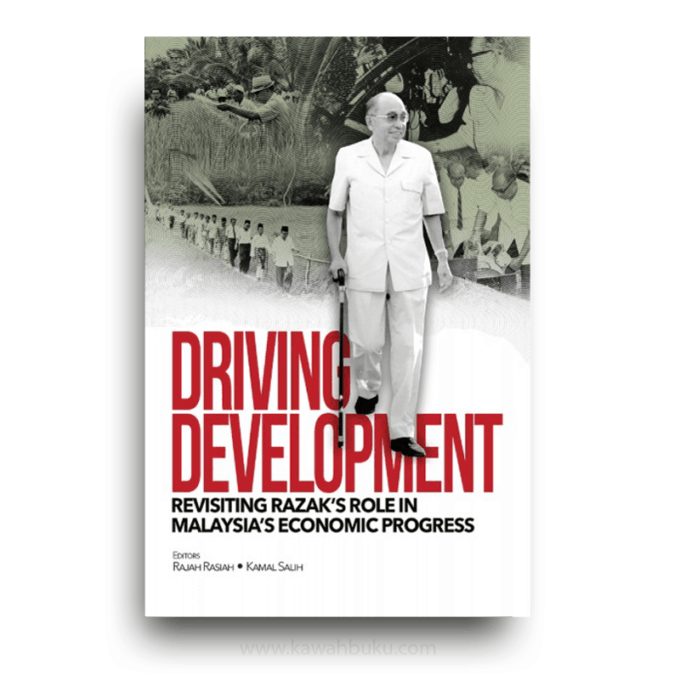


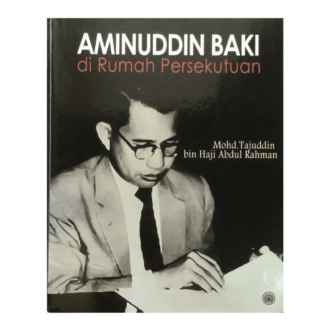

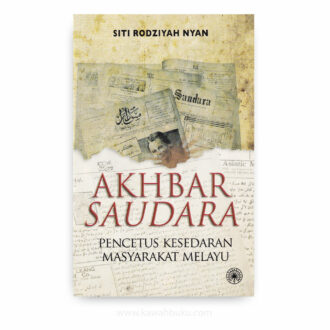
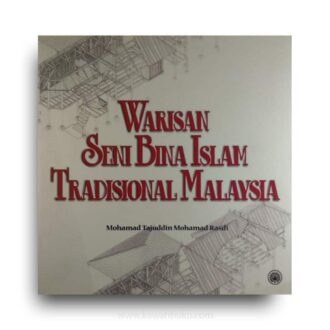

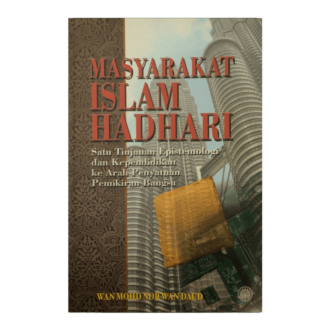

Reviews
There are no reviews yet